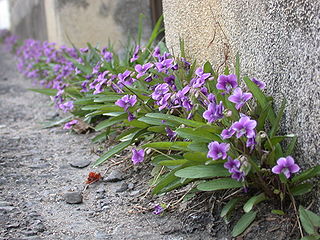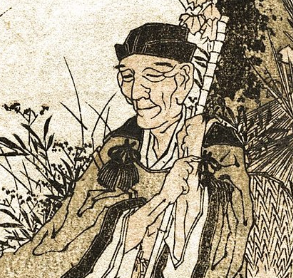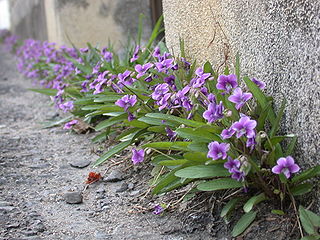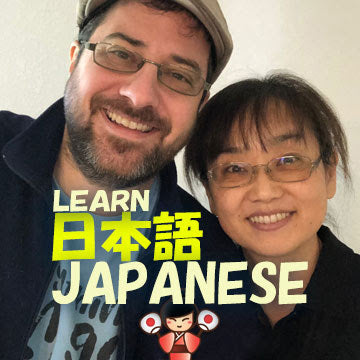Happy Sunday! Today, we will dissect another Basho poem. So, grab a cup of coffee and let's dig in!
----
But first, a recap on the week
All free except the new JLPT N4 Grammar book!
- THURSDAY: New podcast: Beginning Japanese Phrases Podcast 88: ~に行く ~ni iku – to go for the purpose of [BEGINNERS]
- WEDNESDAY: New JLPT N4 Grammar Book for our JLPT N4 Bundle [UPPER BEGINNERS] Get it now while it is still cheap!
- MONDAY: Using 敬称【けいしょう】 Name Titles - A little on honorific name suffixes (you know, さん、さま、先生【せんせい】、 etc.). [UPPER BEGINNERS]
- MONDAY: New podcast: Nihongo no Tane 90 ウサギの数え方 How to Count Rabbits Japanese counters can be tricky. Who'd a-thunk rabbits would be classified with birds?! | Japanese Immersion Podcast [INTERMEDIATES]
We were slammed with non-work work last week (as well as finishing up our JLPT N4 Grammar book). I hope to be more productive this week. がんばりましょう!
----
And now, today's Sunday Haiku:
Today's haiku is by 松尾 芭蕉【まつお ばしょう】. Matsuo Basho (1644-1694) is the most famous of the classical haiku poets, and today's haiku reminds us to stop and allow the small yet beautiful reinvigorate us.
Makoto+ Shogun or Lifetime members, click here for today's haiku with sound and almost 100 other haiku lessons. (Not yet a member, let's fix that!)
Haiku lesson
Let's get right to it.
山路来て 何やらゆかし すみれ草
VOCABULARY
- 山路 mountain path
- 来て coming
- 何やら somehow; for some reason; something; some kind of
- ゆかし curious; eager to know (or experience); nostalgic; charming; admirable [a more modern word might be 慕わしいもの【したわしいもの】 (something dear; beloved) ]
- すみれ草 Fuji dawn (a type of violet flower)
季語【きご】 Season Word
What is the 季語【きご】? It is すみれ草【ぐさ】 (violets) which means the season is spring. Yes, it is a little late in the year, but better late than never...
Interpretation
Have you ever been exhausted from work or travel and suddenly something small but beautiful caught your eye? Here, a wearied Basho is travelling, and, for some reason (not intentional), the violets charm him.
The violets are not roses or a towering sunflower that are easily noticed. They are small and insignificant, and yet, they caused the poet to not only stop to admire them during his weary journey but to take the time to compose this poem that even hundreds of years later is read and loved.
That was a pretty amazing すみれ草, don't you think?
It's a reminder to stop and smell the roses, er, the violets.
- Do violets even have a scent, Clay?
- I don't know. Google it.
Anyway, the point is, take some time today to enjoy the finer aspects of life. If you are stressed or tired from your life's journey, take notice of the small violets all around you.
This haiku ends with an inverted noun. The noun (すみれ草) is what is being described by 何やらゆかし and therefore, in more natural Japanese, すみれ草 should go first. This is to emphasize the violets and to surprise the reader/listener.






